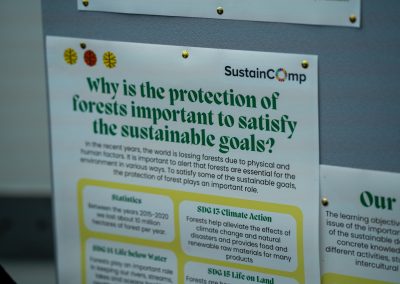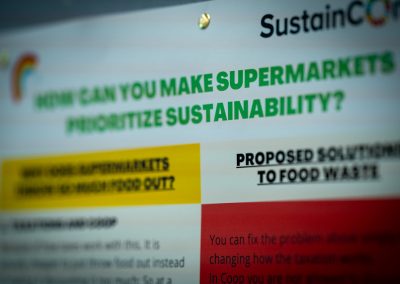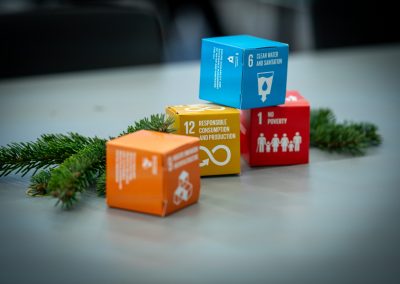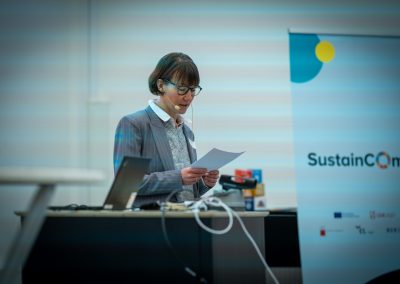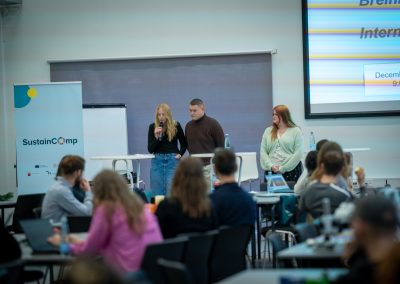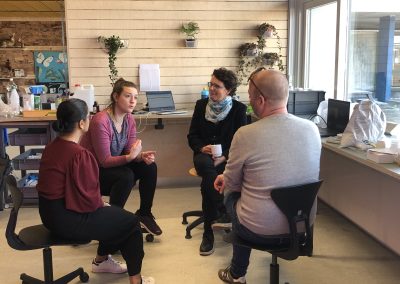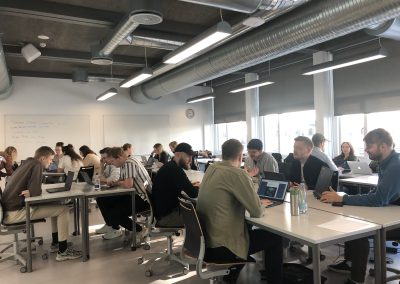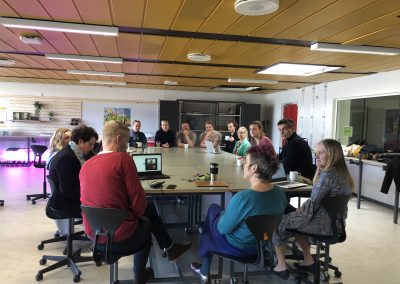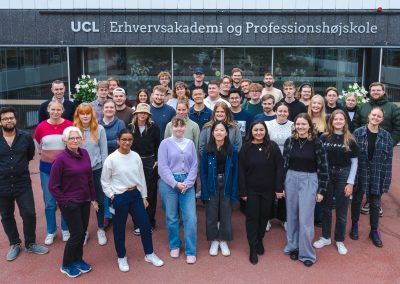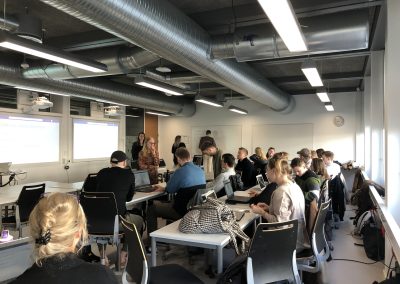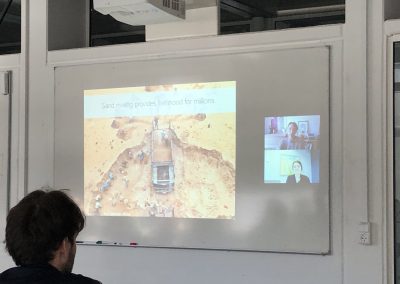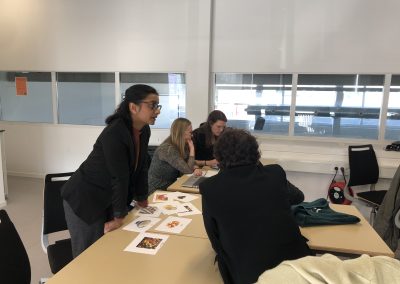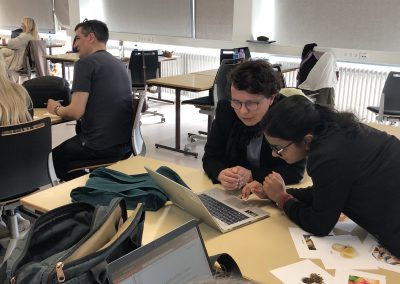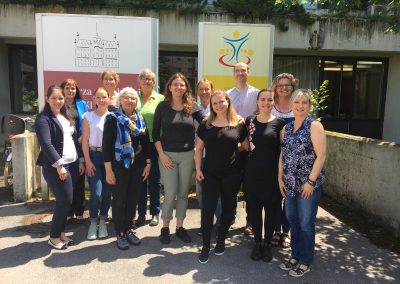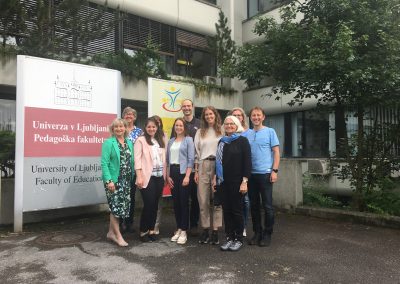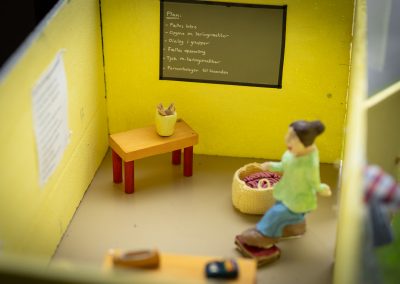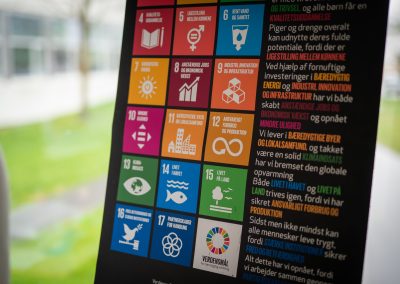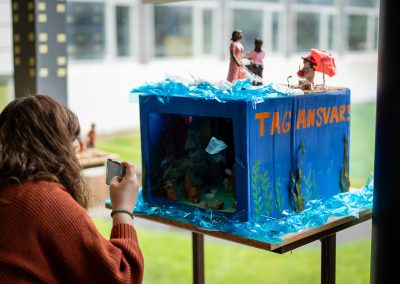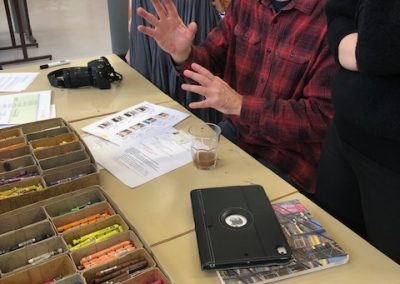WHY EDUCATION FOR SUSTAINABILITY?
Education for sustainability is the use of education as a tool to achieve sustainability and is therefore both practical and solution-seeking. “We must urgently learn to live differently”. This is stated by UNESCO’s Education for Sustainable Development – A roadmap in 2020. What we know, what we believe and what we do, needs to change. What we have learned so far does not prepare us for the challenges in the future. This cannot go on. And the window of opportunity is closing fast. These are depressing statements, and we might be discouraged where to start. Well, the good news is that many people are aware of this situation and are acting upon it.
Young people are part of the future. To shift to a more sustainable future, we need to rethink how we address the challenges that we face today, e.g. climate change, unsustainable food systems, energy shortage, but also how each and one of us can contribute locally. Education for sustainability is important, and the 10 ECTS module of SustainComp is a contribution in this regard. The aim is to enhance competences in sustainability among bachelor students in Higher Education in Europe. These competences in sustainability are e.g. interlinked set of knowledge, skills, attitudes, and values that enable effective, embodied action in the world with respect to real-world sustainability problems, challenges, and opportunities, according to the context.
Education for sustainability should include a description of the structural challenges and how young people can address these, as well as personal skills and empowerment. The SustainComp module focuses on the UN’s Sustainable Development goals, and the 21st Century skills (e.g. critical thinking, creativity, collaboration, communication). Finally, UNESCO’s Education for Sustainable Development – A roadmap is used to guide students into contributing to a more sustainable local community and thereby a more sustainable world.

